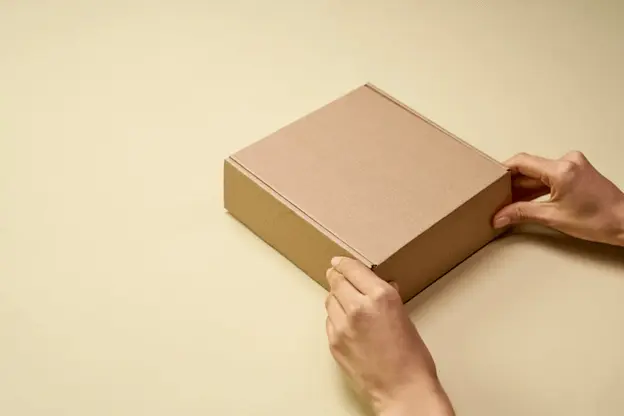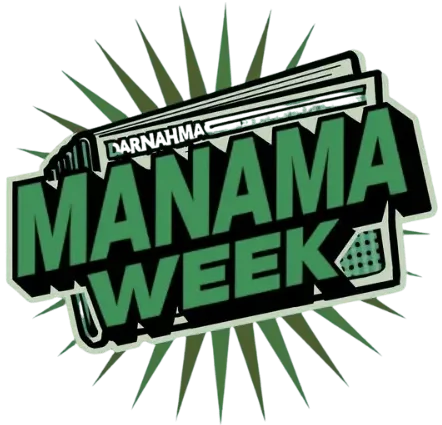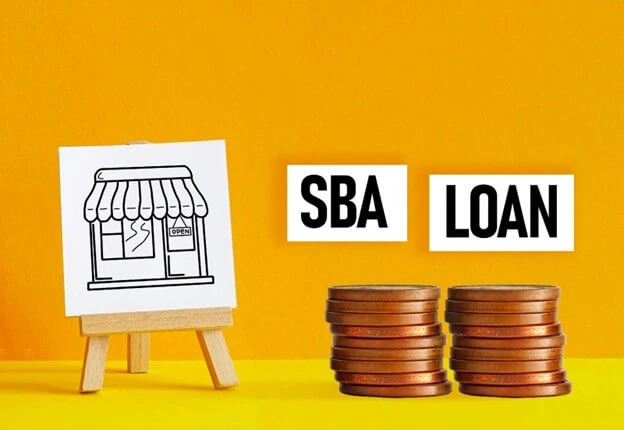
Sending a parcel across the ocean can feel like an adventure, but it comes with a few rules you’ll want to understand first. When you plan your delivery through https://us.meest.com/services/service/delivery-to-europe, you’ll quickly see that following customs regulations makes the process much smoother. Knowing what’s allowed — and what’s not — helps you avoid delays, extra costs, or even having your shipment returned.
Every European country has slightly different restrictions, but most share similar guidelines about what can safely travel through international mail. The good news is that most everyday items are welcome, as long as they’re packed properly and declared correctly.
Common items you can safely send
If you’re shipping a gift, a business order, or a small care package, you’ll be happy to know that many types of items are perfectly fine to send. Here are some of the most common categories that pass through European customs without issues:
- clothing and shoes — new or clean used items are accepted in most European countries;
- books and documents — printed materials, magazines, or paperwork move easily through customs;
- electronics and small devices — phones, headphones, or tablets are allowed if they are genuine and properly declared;
- cosmetics and toiletries — non-flammable products like soap, cream, or shampoo in sealed packaging;
- packaged food — tea, coffee, chocolate, or snacks, as long as they are sealed and shelf-stable;
- toys and gifts — safe, non-hazardous items made for personal use or sale.
These are the items most people send every day, and they rarely face problems as long as the information on the customs form is clear. Always keep receipts or product details ready in case customs requests additional confirmation.
Items that need extra care or documentation
While many products are allowed, some require a closer look. Items like batteries, perfumes, or medicines can still be shipped, but they may need special labeling or permission. For example, lithium batteries are often restricted to ground or approved air transport.
Food made with meat or dairy ingredients, or anything perishable, may also face limitations depending on the country. Alcohol and tobacco products can be sent only under strict rules, so it’s best to confirm before packing them.
The simplest way to avoid delays is to be transparent. Accurately describe each item and use specific names like “cotton sweater” or “boxed chocolate.” Vague descriptions such as “gift” or “stuff” can slow down customs clearance.
Making international shipping simple with Meest-America
If this all sounds complicated, Meest-America makes it easy. Their online platform guides you through every step, from listing your items to completing customs forms correctly. It automatically identifies restricted goods before you confirm your shipment, saving time and preventing mistakes.
With Meest-America, you can calculate shipping rates, arrange pickups from your home, and track your parcel in real time. Their clear guidelines and responsive customer service ensure that every shipment follows European import laws perfectly.
Sending a parcel abroad shouldn’t feel stressful. With Meest-America, you don’t just ship — you ship with confidence. Every parcel is handled with care, every rule is made simple, and Europe suddenly feels much closer than you think.





